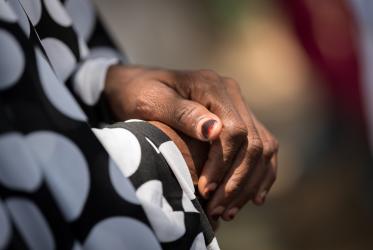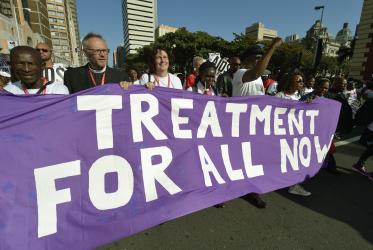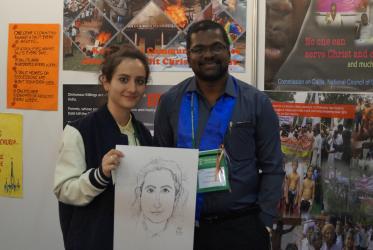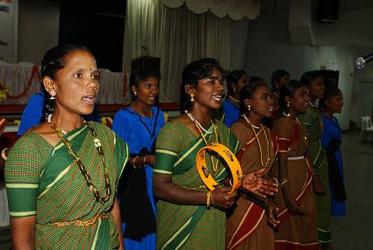Displaying 1 - 20 of 20
The cry of the Papuans in Indonesia
14 November 2019
Paving the way for ecumenical studies, learning English in Bossey
24 September 2018
Doing his best without being the best
07 September 2018
Walking together against hatred and violence
26 February 2018
"We have our work cut out for us"
10 August 2017
Nigerian breaks down stereotypes on Muslims
13 July 2017
AIDS 2016: Coverage of faith response to HIV
22 July 2016
Children are being let down over HIV care
17 July 2016
AIDS 2016: “Stigma kills more people than HIV”
17 July 2016
Person with disability shares reflection on AIDS conference
10 December 2015
“No one can serve Christ and caste!”
07 November 2013
Theological education initiative begins in Seoul
28 October 2013
Churches celebrate Week of Prayer for Christian Unity
23 January 2013












